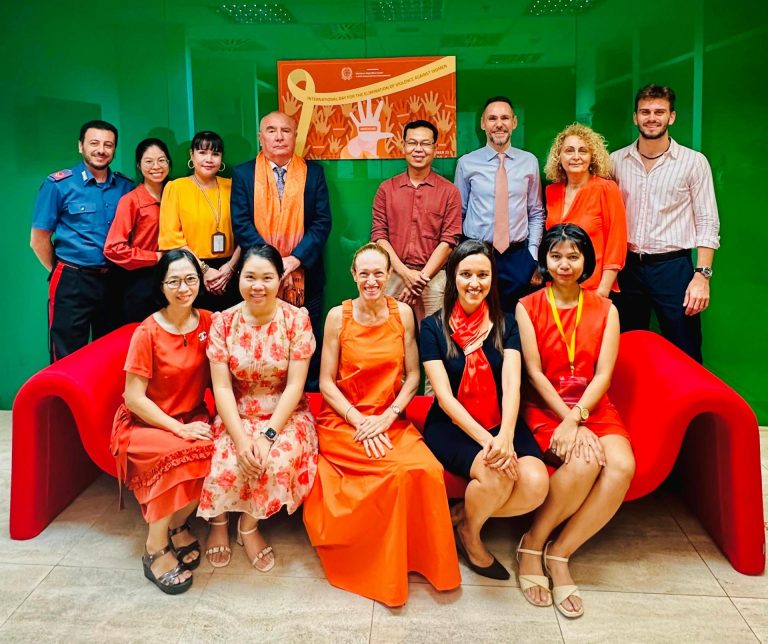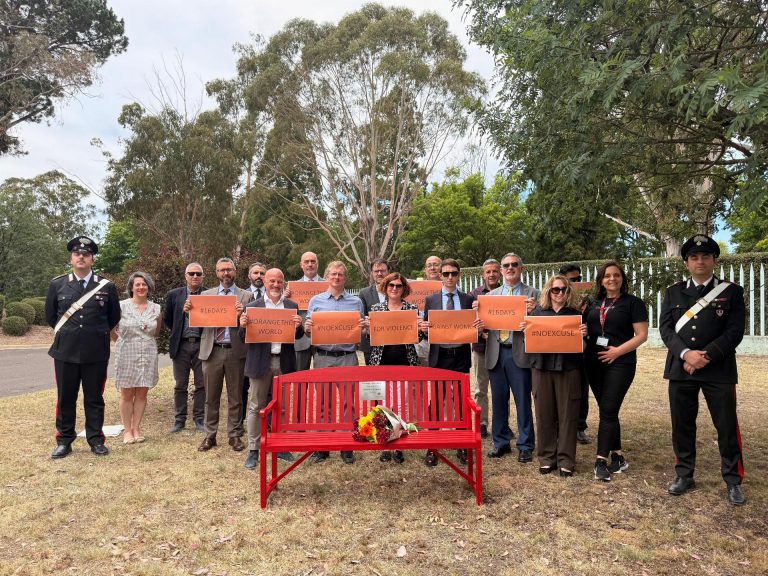After Italy, Europe also is moving to strengthen relations with Myanmar, the Asian frontier. Two packed weeks of high level meetings in October marked the dynamism in Italian relations with Myanmar, and now it’s Europe taking the initiative: an EU task force in Yangon led by EU High Representative for Foreign Affairs Catherine Ashton and Vice President of the EU Commission Antonio Tajani, along with Commissioner for Development Andris Piebalgs and for Agriculture Dacian Ciolosto has been set up in support of Myanmar’s democratic and economic transition. Three agreements were signed in the context of these latter prospects: one on SMEs, one on raw materials and one on tourism.
Political and economic development
“The idea is to bring together economic, political and civil society leaders to show the importance we place not only on economic but also on political development” in that country, said Ashton, who formally opened the task force’s work session with the Burmese President.
Italy supports democratic transition
On the occasion of the conference held at the foreign ministry on Myanmar, and of Minister Bonino’s meetings with her Burmese colleague Wunna Maung Lwin and Burmese opposition leader and Nobel laureate Aung San Suu Kyi, the minister confirmed Italy’s solid friendship in the process of democratic transition the nation has launched and confirmed “the most support possible”. During the conference, whose participants included ENI CEO Paolo Scaroni and Confindustria Technical Committee Chairman Paolo Zegna, prospects for collaboration to contribute to Myanmar’s economic growth were examined.
“Great opportunity”
Myanmar is a “great opportunity” for European firms, said EU Commission Vice President Antonio Tajani, according to whom the opportunities for Italian firms were especially attractive in the agri-food and tourism sectors thanks to Italy’s know-how and “ability to build hotels”. “This is no small opportunity, and I believe that Italy has a role to play in that part of the world” which, although still in the process of transition, can benefit from the capacity of Italian industry to “know how to adapt to different realities”.




